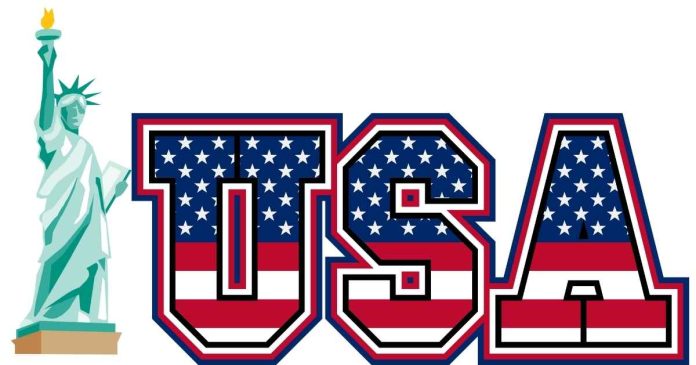Christopher Columbus is often credited with “discovering” America in 1492, a claim that has been widely taught in history classes for centuries. However, the idea that he was the first to set foot on the Americas is a misconception. In reality, various peoples and explorers had reached the continents long before Columbus’s famed voyage.
This article delves into the history of exploration, examining whether Columbus truly deserves the title of the first discoverer of America and highlighting others who came before him.
Who Were the First People in America?
The first inhabitants of the Americas were Indigenous peoples who migrated from Asia across the Bering Land Bridge during the last Ice Age, approximately 15,000–20,000 years ago. These early settlers developed diverse cultures and civilizations, including the Maya, Aztec, and Inca in Central and South America, and numerous Native American tribes in North America.
From this perspective, the Americas were already discovered and populated long before Columbus arrived.
Explorers Who May Have Arrived Before Columbus
1. Leif Erikson and the Vikings (Around 1000 CE)
Leif Erikson, a Norse explorer, is widely regarded as the first European to set foot in North America.
- Evidence: Archaeological discoveries at L’Anse aux Meadows in Newfoundland, Canada, confirm that the Vikings established a settlement there around 1000 CE.
- Impact: The Viking presence in North America was short-lived and had minimal influence on the Indigenous peoples or subsequent European exploration.
2. Polynesian Voyagers
There is some evidence suggesting that Polynesians may have reached the Americas before Columbus.
- Evidence: Similarities in DNA and cultural artifacts between Polynesians and Indigenous peoples in South America suggest contact. For example, the sweet potato, a plant native to South America, was found in Polynesia before European contact.
- Significance: While the exact timing and extent of Polynesian exploration remain uncertain, it challenges the notion that Columbus was the first to connect the Americas with the rest of the world.
3. African Explorers
Some historians theorize that West African sailors may have reached the Americas before Columbus.
- Evidence: Certain carvings and artifacts found in Mesoamerica bear similarities to African designs, though these claims remain controversial and debated among scholars.
What Did Columbus Achieve?
While Columbus was not the first to reach the Americas, his voyages were significant for several reasons:
- Wider European Awareness: Columbus’s expeditions marked the beginning of sustained European exploration and colonization of the Americas.
- Historical Impact: His voyages led to the Columbian Exchange, a widespread transfer of plants, animals, people, and diseases between the Old and New Worlds.
- Symbolism: Columbus became a symbol of exploration and ambition, albeit one whose legacy is increasingly scrutinized.
Why the Misconception Persists
The myth of Columbus as the first discoverer of America persisted for centuries due to Eurocentric historical narratives that ignored or marginalized the contributions of Indigenous peoples and non-European explorers. Additionally:
- Columbus’s voyages were well-documented compared to earlier, less-publicized explorations.
- The colonization efforts following his discoveries shaped modern world history in a profound way.
Reevaluating Columbus’s Legacy
In recent years, there has been growing recognition of the complexities surrounding Columbus’s legacy:
- Indigenous Perspectives: For many Indigenous peoples, Columbus’s arrival marks the beginning of colonization, displacement, and suffering.
- Historical Accuracy: Efforts to correct the historical record have shed light on the achievements of earlier explorers like Leif Erikson and the rich history of Indigenous civilizations.
Conclusion
Christopher Columbus was not the first to discover America. Indigenous peoples had been living on the continents for thousands of years, and other explorers, such as Leif Erikson and potentially Polynesians and Africans, reached the Americas long before 1492.
However, Columbus’s voyages remain historically significant for ushering in an era of European exploration and colonization, fundamentally reshaping global history. Recognizing the broader context of discovery allows for a more nuanced understanding of America’s past and the diverse contributions to its history.


